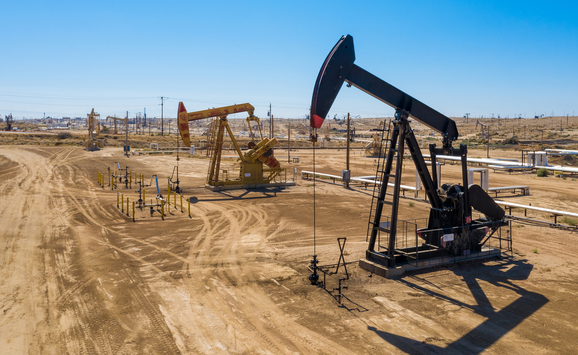© Justin Sullivan/Staff/Getty Images News
Immigration and healthcare dominated news coverage ahead of the US midterm elections, both as main concerns among voters and campaign points for politicians on the trail. But voters yesterday also weighed in on state ballot initiatives to address climate change, energy, and other environmental issues.
So how did things shake out? Here’s a brief look at the implications after the defeat of two noteworthy proposals:
Carbon Tax Measure Fails in Washington State
Observers should be cautious about reading too much into the failure of Initiative 1631 in Washington, says Rob Williams. The proposal represented less a carbon tax initiative and more a measure to fund green projects, he writes—and so its defeat says more about support for that green-spending approach than it does about the potential to enact a carbon tax.
Read more RFF analysis on carbon pricing policies:
- Carbon Taxes and Employment: Rhetoric vs. Research
- Carbon Pricing for US Electricity Sector Now More Effective and Less Expensive
- Analysis of Alternative Carbon Tax Price Paths for the Climate Leadership Council (CLC) Carbon Dividends Plan
- RFF’s Carbon Pricing Initiative
Colorado Rejects New Fracking Regulation
Colorado voters struck down Proposition 112, which would have changed the landscape for oil and gas development in the state by increasing the distance required between new oil and gas operations and human or environmental features (e.g., buildings, rivers, or other potentially sensitive areas). Daniel Raimi and Alan Krupnick examined the cases for both sides, writing that Prop. 112 would have effectively eliminated new oil and gas development in many parts of Colorado using a blunt and inefficient approach to account for associated negative impacts. They also note that Colorado is leading the way on some issues related to oil and gas development, including regulations for methane emissions, which contribute to local air pollution in the form of smog and to climate change as a greenhouse gas with potent global warming potential.
Read more about about US oil and gas developments from RFF researchers and the impacts on local communities:
The views expressed in RFF blog posts are those of the authors and should not be attributed to Resources for the Future.




